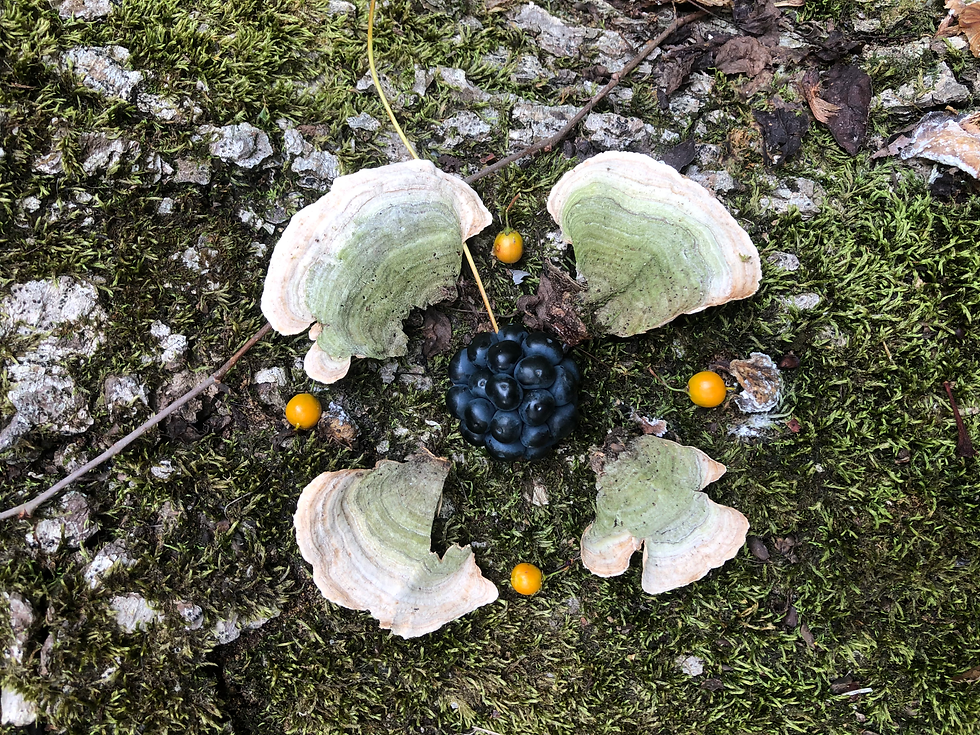An integration guide through the book Restoring the Kinship Worldview: Indigenous Voices Introduce 28 Precepts for Rebalancing Life on Planet Earth by Wahinkpe Topa and Darcia Narvaez.

I think about Albert Einsteins words, "We can't solve problems by using the same kind of thinking we used when we created them," often these days as I read Wahinkpe Topa and Darcia Narvaez's book. Their book clearly compares and contrasts the dominant western colonial worldview to that of indigenous people. I recognize that integrating these indigenous worldviews into my being and thinking will help me creatively solve many of my internal problems and if integrated broadly would help humans return to being beneficial to the Earth.
At this moment in time, intense conflict and violence run rampant in the world. Actually, ever since the beginning of the colonial mindset (the current dominant worldview) there has always been a lot of intense conflict and violence in the world, often times minimized and quickly forgotten by the dominant culture. But at this moment, conflict and violence pervade the American news and have enraged and broken the hearts of many. From the war in Ukraine to mass killings in the Middle East, a sense of intense unrest pervades my community in Chicago (and other communities around the nation), leading to protests.
Unfortunately, even within the protest groups who are demanding that the violence abroad stops, there is violence within. There's a rigid grasping to what is "right," and even minor disagreements can lead to the "cancelation" or public humiliation of former allies. Even within individuals in these groups, self-shaming rather than self-compassion is acceptable and encouraged in some cases. These binary ways of thinking that are based on the western premise of "original sin" lead to a false sense of confidence and self-righteousness that isn't at all rooted in the true spiritual self-right-ness of the capital S Self or the holy-spirit or Buddha nature or universal oneness that exists within each member of the groups.
With advances in social justice and other such movements, humans seem to have a better sense of what is wrong... sexism, racism, prejudice against LGBTQ folks are becoming less and less overtly acceptable.
However it is more difficult to grasp without guidance what is deeply right for us as humans. Restoring the Kinship Worldview contains some of that wisdom.
This series of blog posts is based on that book. With the help of other contributors, I hope to create at least 28 posts based on its chapters to help myself and others deeply integrate these values into our lives.
Reading these posts and doing any of the practicies/ meditations/ inquiries that are offered are ways of creating a personal revolution in yourself. They are meant to empower you and return you to your roots. We all have roots in cultures that once were not only sustainable for the planet, but beneficial.
I am quite far removed from my indigenous ancestors, so much so that I tend to think of myself as "white," a word that represents just how thoroughly my ansestor's cultural heritage was lost and/or stripped from them.
But all sustainable cultures once had such kinship worldviews. Reconnecting to this way of seeing the world, with deep gratitude and reverence for the people who have carried them forward, is the best way to return to being humanely human.
If you, dear reader, have ancestors from the contributor nations, or other nations that are also still present and carrying the Kinship Worldview forward, my deepest gratitude goes out to you. If anything of this work does not feel deeply honoring to you and your nation, I welcome whatever feedback you have.
The chapters are:
Recognition of Spiritual Energies in Nature
Nonhierarchical Society
Courage and Fearless Trust in the Universe
Understanding/ Embracing Death and Dying
Emphasis on Community Welfare
High Respect for the Sacred Feminine
Respect for Gender Role Fluidity
Nonmaterialistic Barter, Gift, and Kinship Economics
All Earth Entities are Sentient
The Sacred Nature of Competition and Games
Words are Sacred (Truthfulness)
Mutual Dependence
Complementary Duality
Generosity as a Way of Life
Ceremony as Life Sustaining
Humor as Essential
Conflict Resolution as Return to Community
Laws of Nature as Highest Rules for Living
Becoming Fully Human
Nature Seen as Benevolent
Responsibility Emphasis
Connection to the Land
Centrality of Gratitude
Noninterference
Circular Time and Knowledge
Self-Initiated Relational Healing
An Emphasis on Heart Wisdom
If you are also reading this book and would like to contribute to this project, please reach out to me! Everyone is welcome to the conversation and integration of this book! I also am not limiting myself to one post per chapter or going in order, so you are welcome to create a post about any of them that inspire you, whether or not a post has already been written or where in the book you are most inspired.
Comments